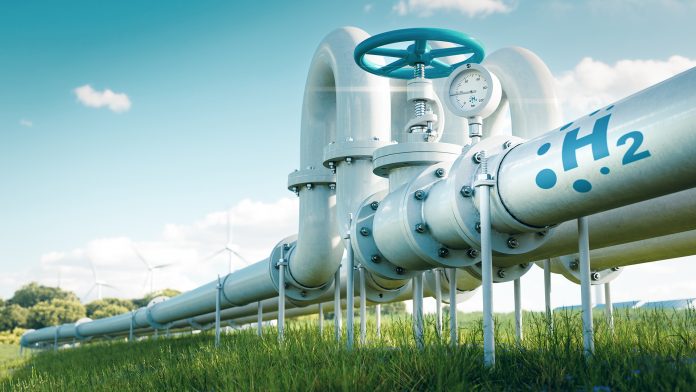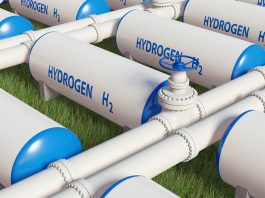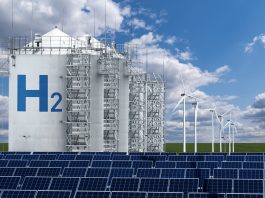A project at the University of Manchester has received funding from the UK Government to innovate a novel hydrogen separation technique to recover hydrogen fuel from waste, a potentially groundbreaking development for the country’s clean energy sector.
The government funding will enable the University of Manchester to collaborate with Powerhouse Energy Plc to pioneer and validate a new, inexpensive, and cutting-edge hydrogen separation method to recover hydrogen for clean energy use efficiently. Extracting hydrogen fuel from waste will help to safeguard the UK’s energy security in such a volatile period globally.
The project will be led by Dr Amir Keshmiri, an Associate Professor in Computational Fluid Dynamics at The University of Manchester. His expertise in fluid dynamics and thermochemical analysis, coupled with Powerhouse Energy’s proficiency in waste treatment, will form the perfect match to advance hydrogen separation technology.
Dr Keshmiri commented: “The collaboration allows the University to be at the forefront of high-impact, game-changing technology development within the emerging clean hydrogen energy sector – and allows the academic team to capitalise on the bespoke hydrogen models developed to a wider audience.”
Mr Paul Emmitt, the Chief Operating Officer and Executive Director at Powerhouse Energy, said: “The project will allow the UK company to edge closer to overcoming significant cost barriers through innovation to deliver the next generation of cleaner energy technology.”
UK Hydrogen Strategy
It will be essential to rapidly develop and commercialise clean energy technologies for the UK to achieve its carbon-neutral goals. The UK Hydrogen Strategy aims to innovate low-carbon solutions that will be essential for the country’s net-zero transition, building a thriving hydrogen economy.
The Strategy aims to achieve 5GW of low-carbon hydrogen fuel production capacity by 2030, the equivalent of replacing natural gas in powering around three million homes annually. Developing a hydrogen economy in the UK is estimated to be worth £900m and creating 9,000 high-quality jobs by 2030. This is forecasted to be worth £13bn by 2050, creating 100,000 jobs.

Recovering hydrogen from waste
The project was initially funded by the EPSRC Impact Acceleration Account grant and encouraged the rapid adoption of local low-carbon energy, in addition to combatting unrecyclable waste issues, such as plastics.
Designing an advanced thermal treatment to recover hydrogen fuel from unrecyclable wastes will make a substantial contribution to the UK’s zero emissions targets and reduce costs compared to conventional recovery methods, making the process greener and cheaper.
Emmitt concluded: “The invention has the potential to overcome a significant cost prohibitive factor for commercial hydrogen extraction from syngas (synthesis gas mix that includes hydrogen which can be used as a fuel) not just for PHE, but all next-generation advanced thermal technologies – and potentially allowing more facilities to be developed for the same available capital, enhancing production towards, and even beyond, the ambitious 5GW target.
“Quantifying the impact for PHE, the proposed hydrogen separation technique has the potential to reduce project costs by up to 17.5%.”









